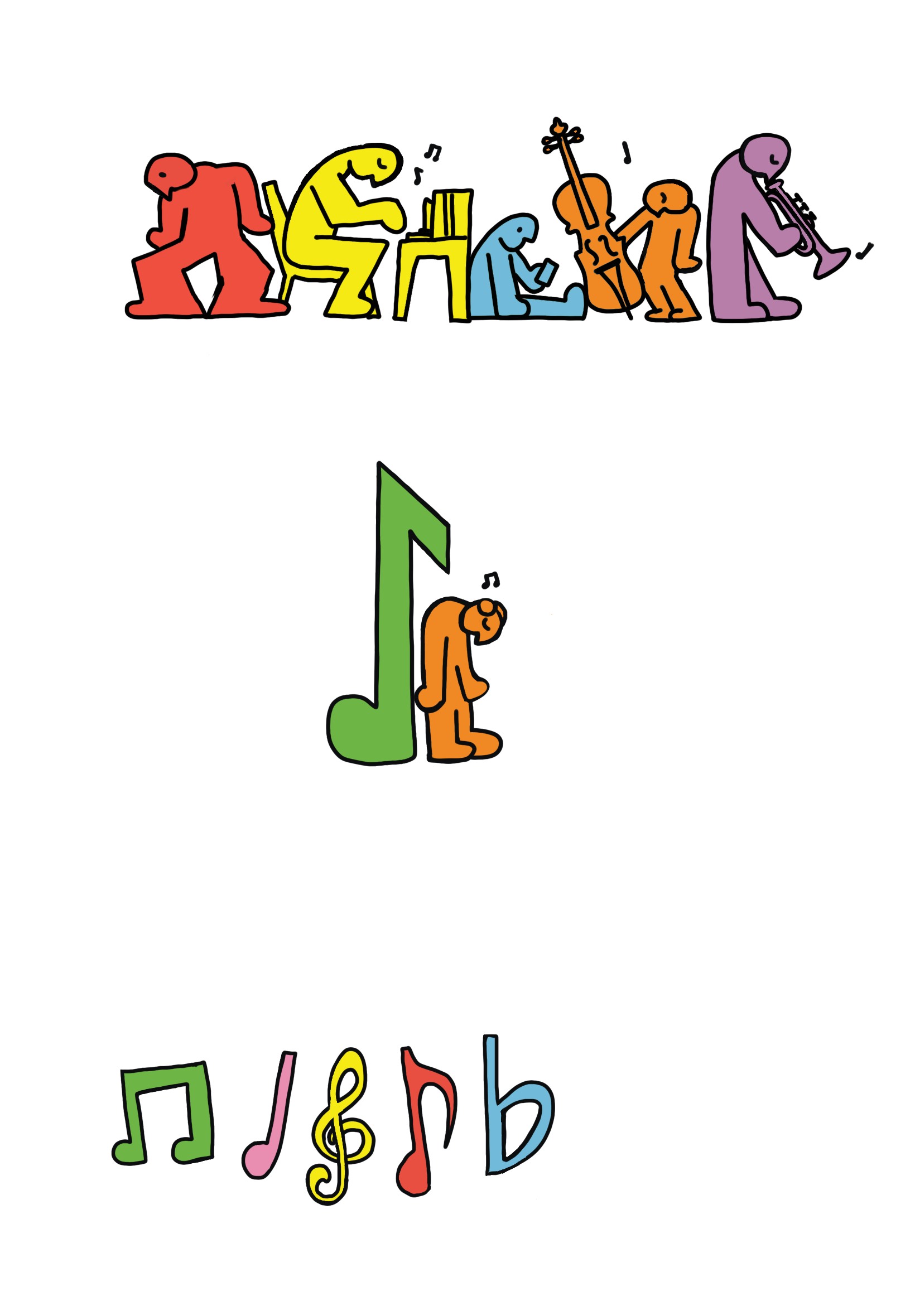Hunching over is considered poor posture. The spine contorts forward, and the neck cranes, a combination that heralds a future of chronic back pain. The upright stance that distinguishes man is disavowed, replaced by the primordial posture of a quadruped. A paltry position, perhaps. But then a faint melody stirs, and the hunch becomes shrouded in the garb of musicality, indelibly transfigured.
Consider Chet Baker hunched on his chair with a trumpet in his mouth, pointing towards the floor. In this position, breathing is difficult, as is playing. The air cannot flow so easily as in an upright stance, diminishing the quality of his sound. However, examining his posture and marveling at its poignance, one believes that the hunch is worth it. The oppressive pressure of gravity is evident, creating a burden so great that Chet cannot remain upright. It is precisely this elemental force that he embodies, channeling it downward through his trumpet so as to communicate the sound of the universe that sits atop him.
Or Yo-Yo Ma’s downturned head above his cello – eyes closed, he has no need for sight; only sound occupies his attention. In this posture, he has submitted to the magic of his cello, oblivious to his surroundings and the onlooking audience. It is not a performance but the staging of a romance in which the cello, embraced in his arms and tucked underneath his nuzzling head, is an infant he gently cradles and out of which he nurtures tremendous, sonorous beauty.
I’d say the pose is most striking in pianists.
An elderly Anthony Horowitz, who tilted slightly forward, plays partially hunched. Unlike a youthful counterpart, who, inflated by pride and spirit, might sit upright, Horowitz’s posture conveys a certain respect and composure. His hunch resembles a bow, a gesture of reverence he pays towards the piano before him and the music it produces. With stoic persistence he stays in this position throughout the piece, avoiding the frivolity of obtrusive theatrics that plague so many performers. His sound is dignified, evacuated of any melodramatic self-indulgence.
In Keith Jarrett’s hunch, a back contortion and a sideways head rotation leave his torso parallel with the horizontal plane of the piano. His right ear hovers just above the keys and he listens for the piano’s essence, probing its wooden depths for an elusive source of sound. He seeks a heartbeat, like a paramedic looking to find a sign of life which he may revive and cultivate. Sometimes he seems to be on the verge of tipping over, on the cusp of falling into the piano and being wholly consumed by music. The magnetism of the instrument is inescapable for Jarett, inexorably pulling his entire physical presence.
Or Bill Evans, bent over his piano with hair slicked back around his ears, wearing glasses perched over shut eyes. Veins run down the side of his head, the top of which points straight at the keys. His eyes scrunch together in accordance with the increasing tension of the music. The sound travels up from the piano and strikes his face. Absorbing that energy, he channels it back into the piano, creating a musical loop between him and his instrument that facilitates an endless cycle of absorption and release. His body is the instrument and the instrument his body—utterly dependent on one another, separate but unified in a circle of beauty, feeding on itself and sustaining its movement with each new note.
The word ‘realize’ means both to ‘understand’ and to ‘actualize.’ Captured in these figures is a genuine realization of music in this twofold sense: understood and actualized, it is appropriated by both mind and body. The music does not dissipate into the impersonal ether; instead, it animates, becoming a spirit embodied. Beauty coils into such grotesque figures, as the straight spine of rationality is made crooked. Only in this raw and primal pose may music’s pure emotionality find proper expression. The hunch is the consummation of music and man. To see it is to witness someone for whom music has nearly become their entire being. Thankfully, only nearly. Without that little space between the head and the instrument no sound would escape—no music would we hear.

Leave a Reply